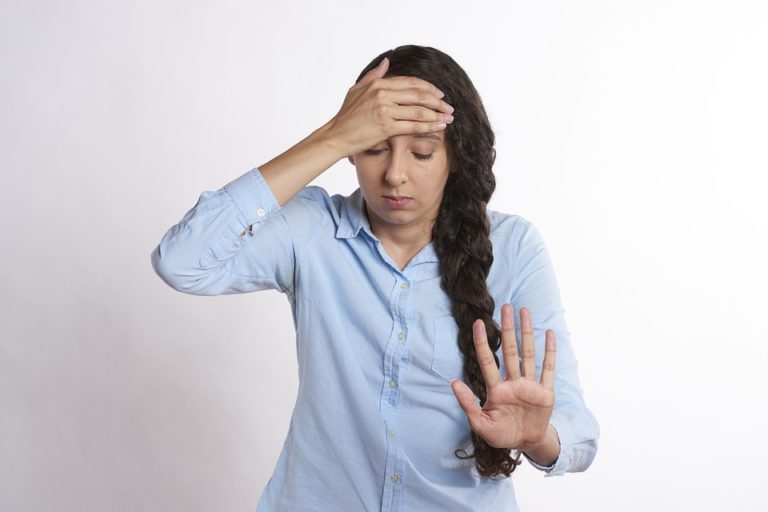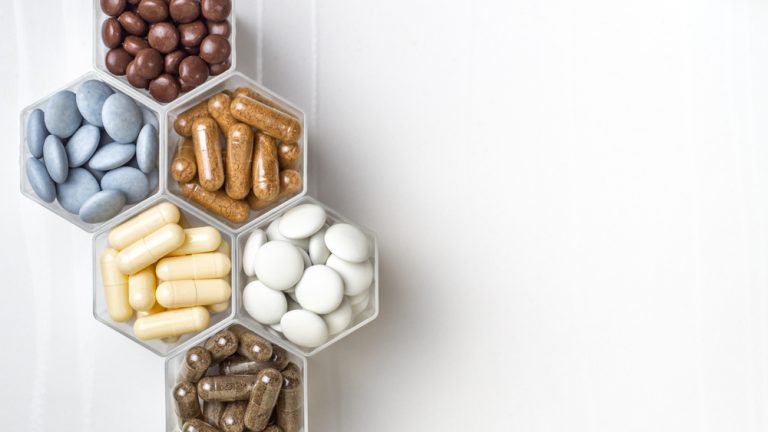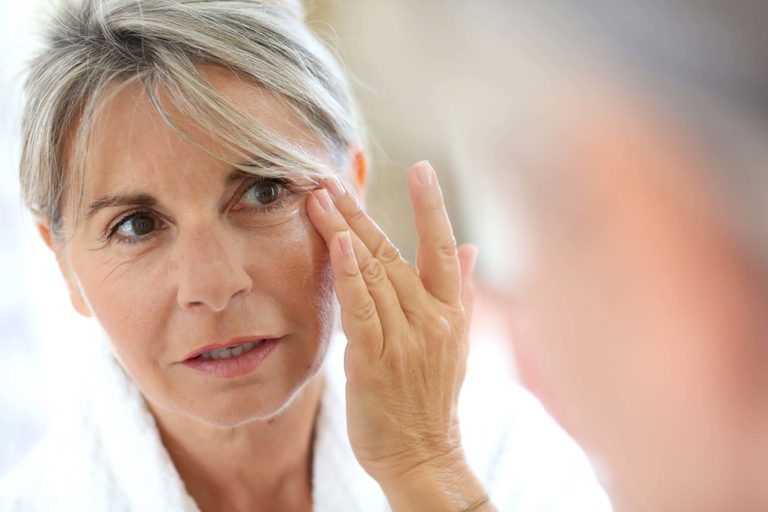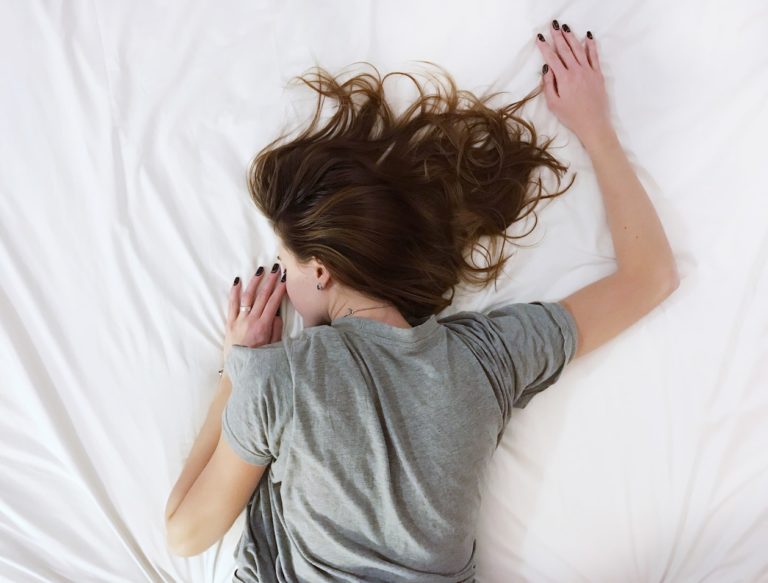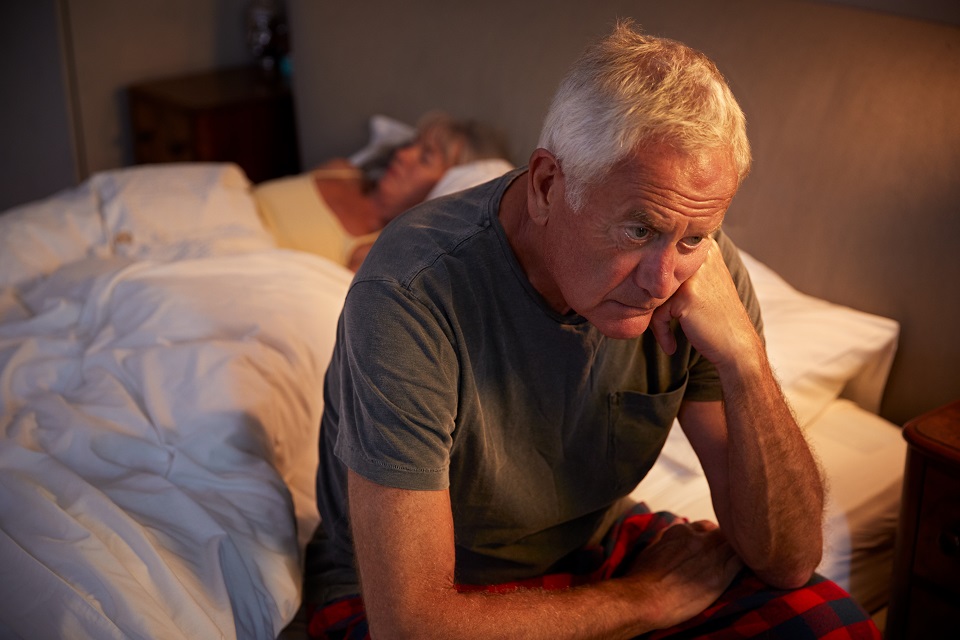
4. Circadian rhythm delay
Everything from alertness to body temperature oscillates based on where our bodies are in our twenty four hour biological clock called circadian rhythm, explains Michael Howell, MD, CEO of Sleep Performance Institute in Edina, Minnesota.
“Our circadian rhythms are primarily determined by when we are exposed to light, and our modern culture’s affinity to light in the evening (computer, tablet, television, and phone screens) activates a cell layer in our retina sending a signal that delays our circadian rhythm. That means that it could be 10 p.m., but the brain will think the sun is still out, so it won’t be ready to fall asleep—no matter how tired you actually are,” he explains.
Another serious issue could be a circadian rhythm delay, which is probably what’s occurring when the alarm clock goes off, but you’re not ready to wake up yet.
“If you have trouble falling asleep at night but can sleep in easily in the morning, you probably have a delay in your circadian rhythm. This problem is solved with bright light (sunlight or a 10,000 lux light box used first thing in the morning) along with low dose (0.5mg) of melatonin about three to four hours before bedtime,” he adds. You should steer clear of caffeine and alcoholic drinks before bedtime.




